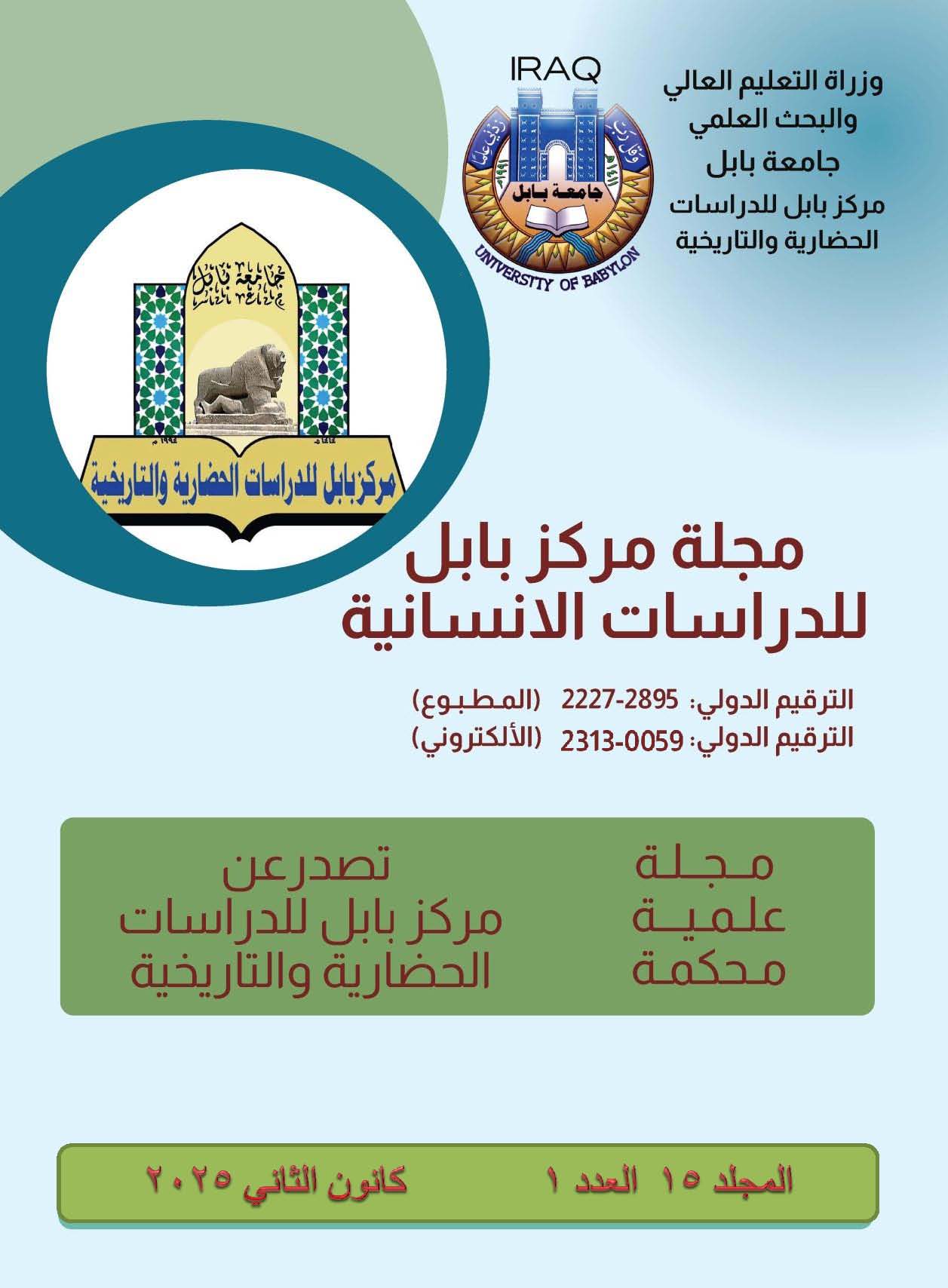Grammatical Preference in Al Kitab Al Farid in Ierab AlQuran Al Majied by Al-Muntjab Al-Hamdhani (d. 643 AH) Nominative nouns are an example
Keywords:
Grammatical Preference - The Unique Al Kitab Al Farid in Ierab AlQuran Al Majied - Al-Muntjab Al-Hamdhani.Abstract
The unique book is one of the most comprehensive books in terms of parsing Quranic vocabulary, grammatically directing it, and paying attention to its semantic effect in the Holy Text. Al-Muntajab was concerned with turning over the grammatical aspects and grammatical possibilities, and he often balanced between them, preferring one aspect over another. Therefore, Al-Muntajab Al-Farid was one of the most comprehensive books on parsing the Holy Quran in terms of grammatical direction and preference. Because grammatical preference has an effect on enriching the grammatical lesson with multiple grammatical aspects, balancing between them, and ruling on preferring one of them over the other aspects, Al-Muntajab Al-Hamadhani worked on citing the grammatical aspects and preferring one grammatical aspect from them. Al-Muntajab Al-Hamadhani used words and phrases that indicated his preference for the aspect that he saw as stronger than the other grammatical aspects. After I found that preference constitutes a clear phenomenon in this book, I decided to study this topic and write this research on raised nouns in particular. I divided my research into an introduction and two chapters. In the introduction, I gave a brief definition of Al-Muntajab Al-Hamadhani, which included talking about his name, lineage, birth, upbringing, sheikhs, most important students, his writings, and his death. In the first chapter, I dealt with the terms of preference that Al-Muntajab Al-Hamadhani used. I made the second chapter a group of issues related to grammatical preference in raised nouns in Al-Mutajab Al-Hamadhani’s unique book. Then I concluded the research with a conclusion in which I mentioned the results of the research, the most important of which are: Al-Muntajab Al-Hamadhani was Basran in his orientation, as he referred in many of his opinions to the grammarians of the Basran school, especially Sibawayh, so he used to mention a phrase that indicates that. He followed in many issues other scholars such as Abu Al-Barakat Al-Anbari and Al-Akbari in their interpretation of the noble verses, as this became clear to us from the similarity of the analytical expression and the directive treatment of the grammatical aspect mentioned in the interpretation of the Qur’anic word.







